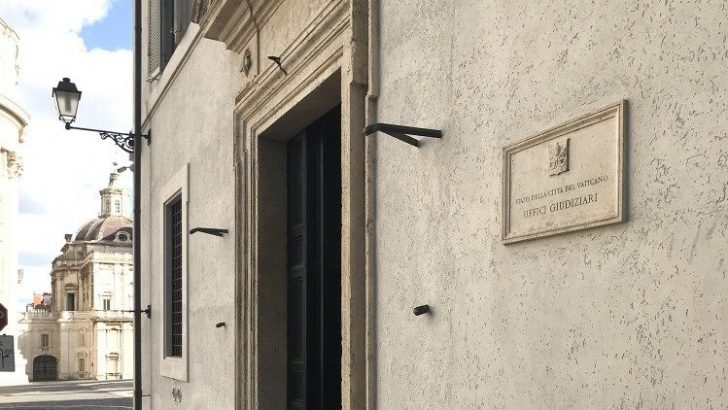Holy See urges equal access to labour market
Archbishop Janusz Urbańczyk gave voice to the Holy See’s concern that women’s work in the family should be recognised as advancing economic development.
While focusing on the promotion of the equality of women and men in economic participation, states “should not fail to pay due attention to the family, the fundamental cell of society and building block of tomorrow’s economic life,” the Holy See has told the Organization for Security and Cooperation in Europe (OSCE).
In this context, the Vatican representative Archbishop Urbańczyk said it is important to remember the “huge role” of women’s unpaid work, which contributes “not only to every country’s economic development, but it also sustains the fundamental pillars that govern a society and a nation”.
“This,” he noted, “is certainly the case for the noble and unpaid work of educating children and caring for the elderly, considering also how much the State would otherwise have to spend for these social services.”
In his statement, Archbishop Urbańczyk reiterated once again the Holy See’s support for women’s economic empowerment, saying, “every person, woman or man, has the right to economic initiative”.
Getting vaccine included in Vatican employee safety regulations
As a last resort, the Vatican may sanction employees who refuse to get a Covid-19 vaccine for non-medical reasons, according to a new Vatican decree.
A variety of sanctions for anyone violating measures intended to slow the spread of the novel coronavirus were included in a decree signed February 8.
Because of the current state of emergency, getting the Covid-19 vaccine is part of a series of mandatory health and safety requirements for all employees, unless they have “proven health reasons” to not be inoculated.
For employees who lack a proven medical reason, a refusal to be inoculated during the current health emergency exposes them to a range of sanctions, including a termination of employment.
However, in a follow-up note issued later February 18 by the city state governing office, the 2011 norms are not meant to be seen as a set of sanctions or “punitive”.
It is always possible, the note said, to adopt measures that safeguard the community by minimising the danger posed by someone who refuses to get a vaccine for non-medical reasons and finding “alternative solutions” for the worker in question to carry out their job.
Pope Francis modifies Vatican criminal code, citing ‘changing sensibilities’
Pope Francis February 16 made several modifications to the Vatican’s criminal code, citing “changing sensibilities” requiring updates to an “outdated” law.
The law is affected, the Pope wrote in the introduction to his February 16 motu proprio, by “inspiring criteria and functional solutions [which are] now outdated”.
Thus, Francis said, he continued the process of updating the law as dictated “by the changing sensibilities of the times”.
Several of the changes introduced by Pope Francis involve the treatment of the defendant in a criminal trial, including the possibility of a reduced sentence for good behaviour and of not being handcuffed in court.
Another change is that the court’s judgment in a trial can be made with the defendant “in absentia” and will be treated in the ordinary way.
These changes may affect the Vatican’s impending trial of the 39-year-old Italian woman Cecilia Marogna, who has been accused of embezzlement, which she denies.
In January, the Vatican announced that it had dropped a request for Marogna’s extradition from Italy to the Vatican, and said that a trial against her would begin soon.


 File photo of the Vatican Tribunal. Photo: Vaticannews.va
File photo of the Vatican Tribunal. Photo: Vaticannews.va 